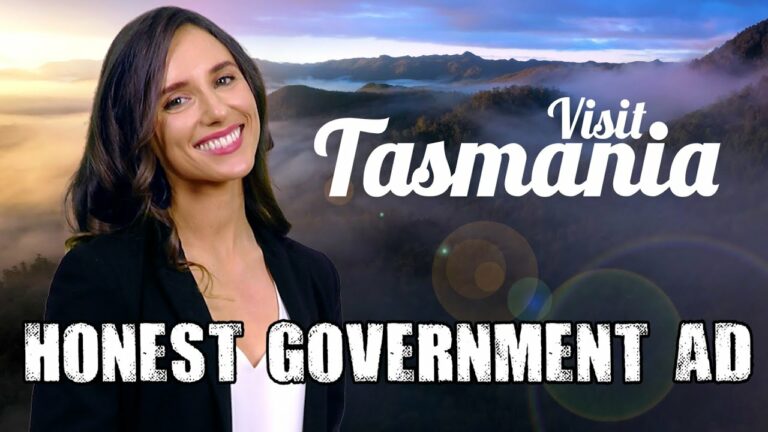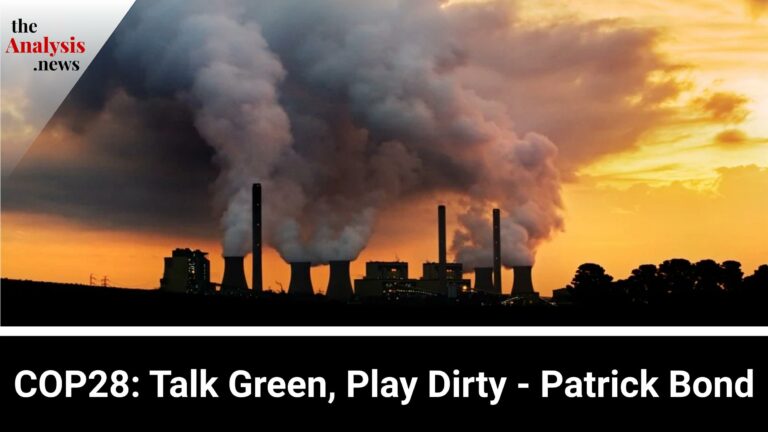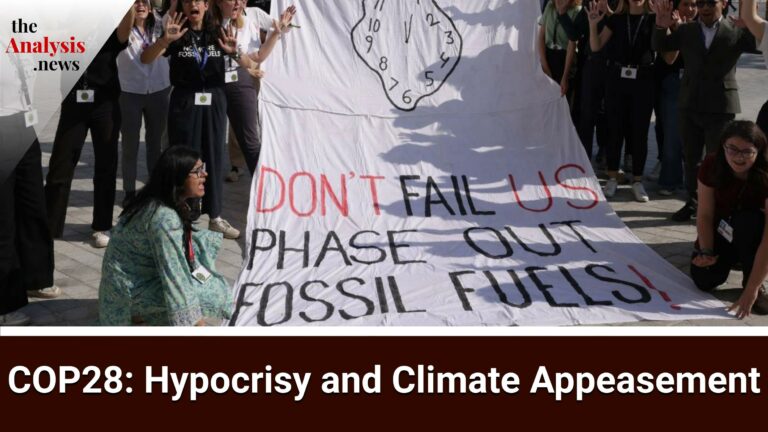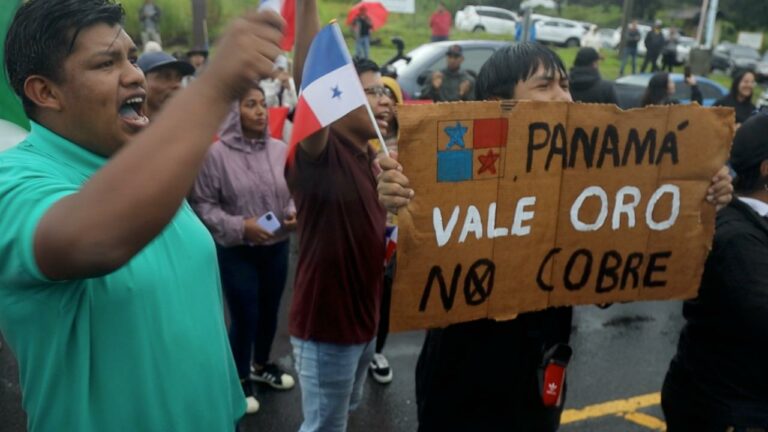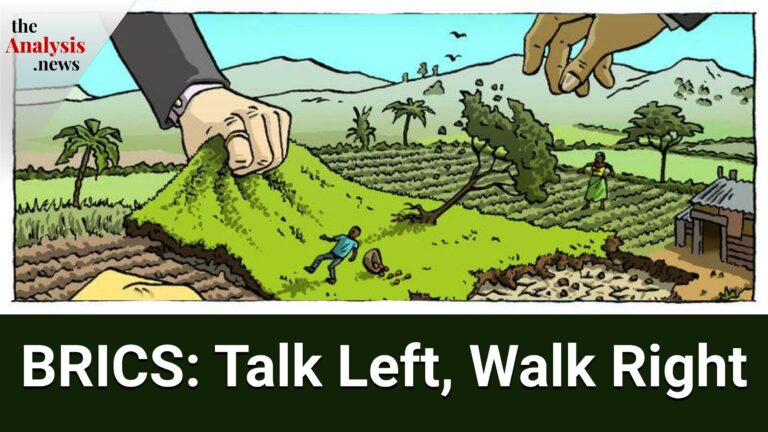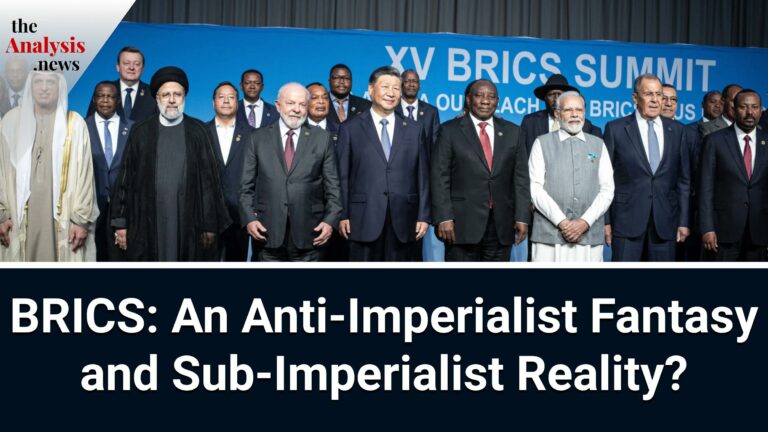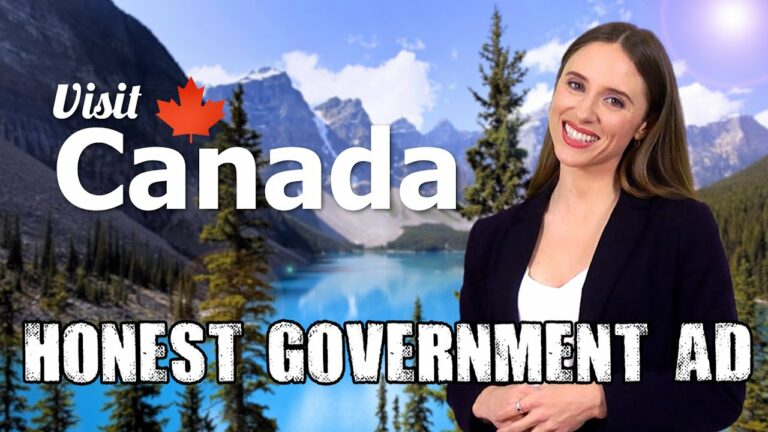Nitrogen, Agrochemical Corporations, and International Trade: A Perilous Mix
Gilles Billen shows that industrial agriculture, propelled by international trade and specialization, has disturbed the nitrogen cycle. This has provoked the crossing of planetary boundaries and endangered the possibility of feeding the world. Alternatives do not require new technologies but different ways of organizing production and regional networks. Lynn Fries interviews Gilles Billen on GPEnewsdocs.



